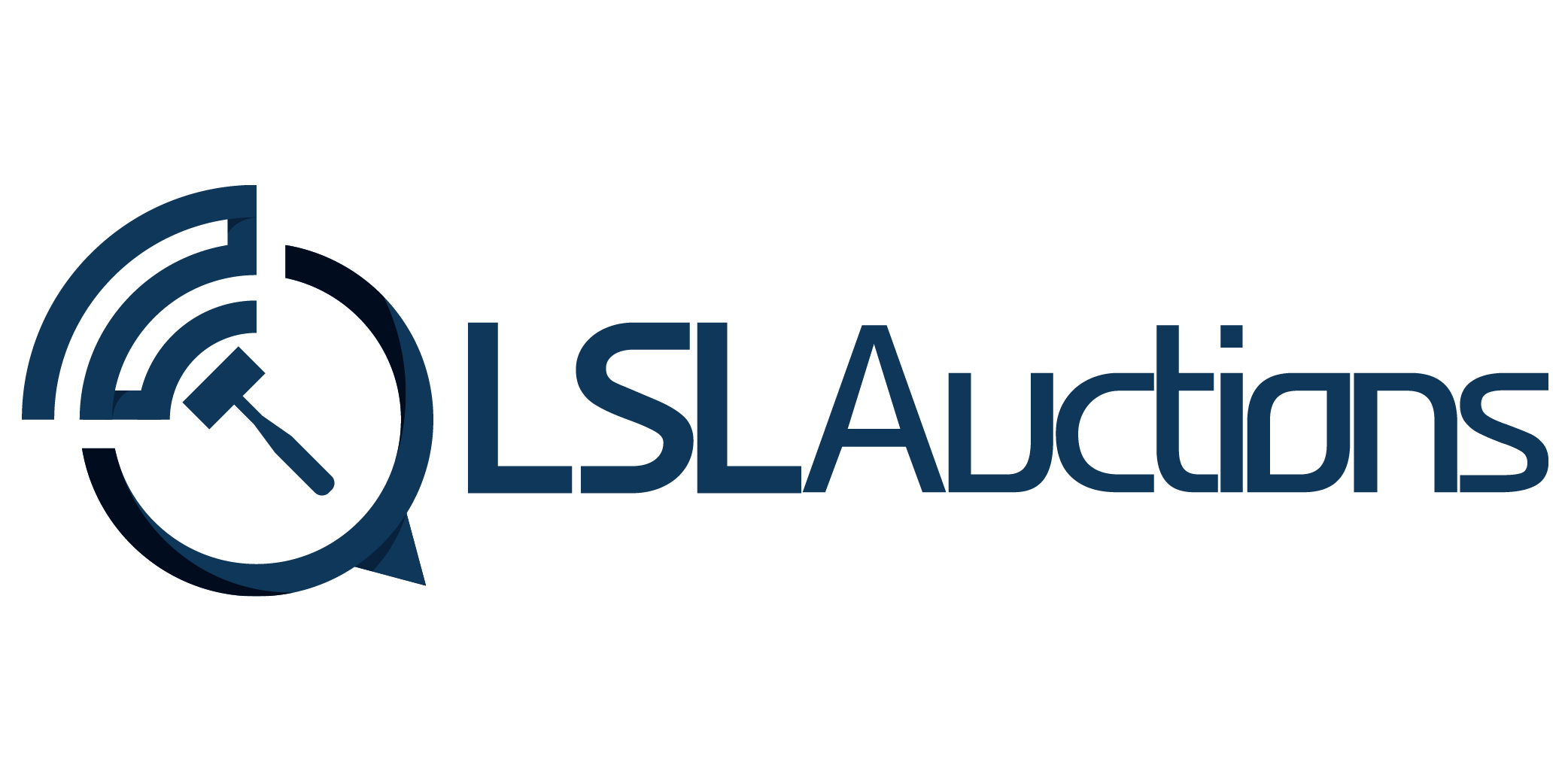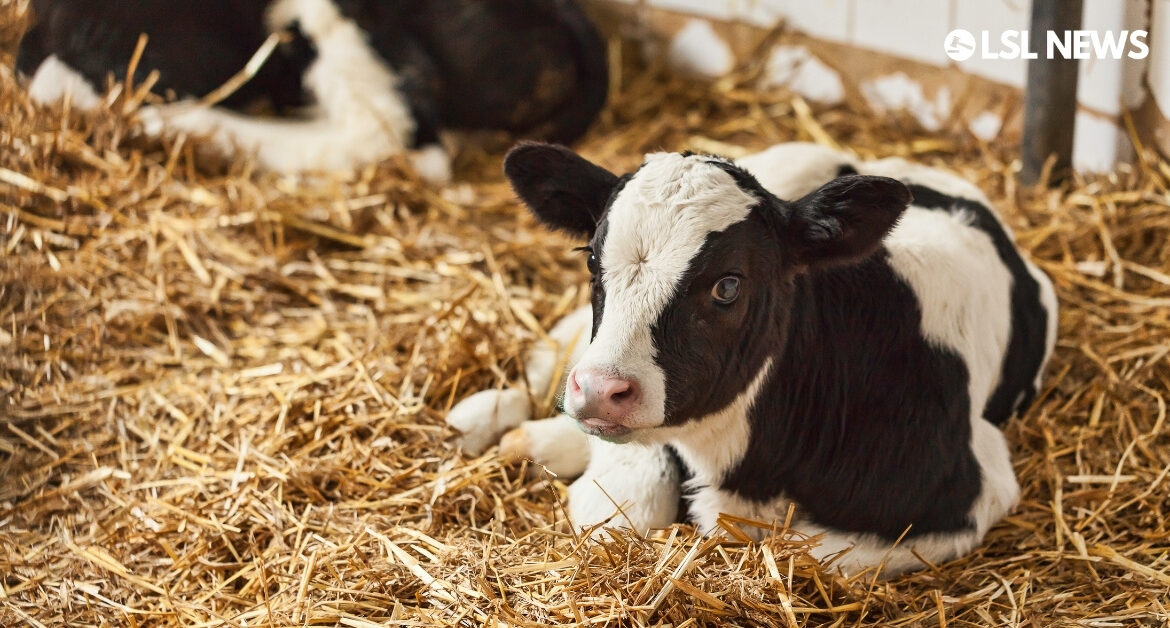The Irish Government is to trial flying live calf exports to Europe from May after coming under scrutiny about the lengthy live export journeys made by the animals.
Thousands of young dairy calves are shipped to mainland Europe each year from Ireland for veal. However, a European Parliament committee of inquiry has investigated alleged failures across Europe in enforcing rules on protecting transported animals.
Teagasc is leading the project to fly calves out of the country and it is thought the first transport plane will leave in May. The publicly-funded €1.2 million project called “Moove” will include an assessment of calf welfare as the animals are transported on planes and ferries. It will also examine the potential of slow-release nutrition that can imitate feeding over a long period.
EU law states that calves should not travel longer than eight hours, and calves exported from Ireland must rest for 12 hours after unloading at the port of destination, usually Cherbourg, France.
John Hallissey, secretary of the Irish Livestock Exporters Association said ideally calves should be older and stronger to make the journey. He believes it is in exporters’ best interests that calves arrive at their destination in good condition.
“The best environment for the calf to grow is being fed new milk in the farm of origin for 21 days,” he added.
There has been continued criticism from animal welfare campaigners who claim the rules governing calf transport are routinely flouted. They say Irish calves have experienced “nightmare journeys” without access to water or food. There are around 200,000 calves sent by road and sea to the continent. The Netherlands is a key export market for Ireland’s calves.
President of the Irish Farmers’ Association, Tim Cullinan, welcomed the air trial and said while the cost is double of sea transport it would help the industry to reach new markets. In December he told the Irish parliament: “We want to see calves flying out of this country.”
However, some campaigners oppose the idea and Caroline Rowley of Ethical Farming Ireland said: “It’s still going to be a long journey of turning up to the airport, unloading calves from trucks and pens. It’s noisy in the plane – there’s air pressure and turbulence.”

